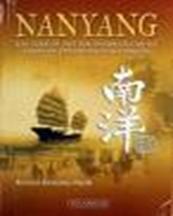

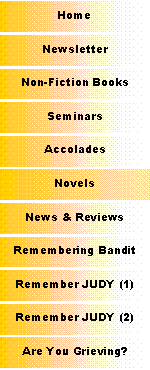
Stirling Training & Management Consultants Pte Ltd |
|
Sun Tzu says: “To win without fighting is the supreme strategy.” |
|
Novels |
|
Khoo’s first attempt in fiction-writing is TAIKOR, a historical saga, about the life of a taikor, or big brother of the Penang’s underworld between the years 1922 to 1982. It takes the readers back against the backdrop of pre-war British Malaya, Japanese Occupation, the Emergency when Communists tried to seize power, independence for Malaya and Singapore, birth of Malaysia, and split between Singapore from Malaysia. TAIKOR was nominated for the 2006 International IMPAC-Dublin Literary Award. |
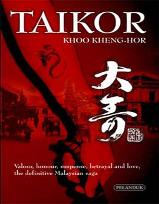
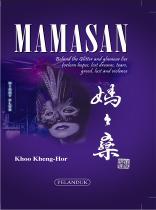
|
MAMASAN is Khoo’s second work which takes the readers into the glitzy world of nightclubbing, and reveals the lives of a host of vividly-drawn characters, from the workers and the patrons of nightclubs. It’s a whole new world where money – plenty of it – is king, arousing greed, lust, violence, and yet be surprised to find out that the players, like us, the average guys, could also love, hate, dream, hope, despair, feel hurt, bleed, laugh and cry. There are also interesting sub-plots of juvenile delinquency, police corruption, blackmail and murder. |
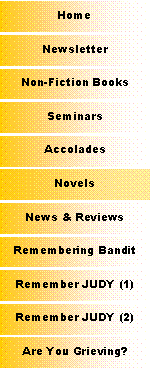
|
In his third novel, NANYANG, Khoo spins an absorbing saga of Nanyang, literally meaning the Southern Ocean, a name given by the early Chinese migrants for the part of the world known today as Malaysia and Singapore. It is an engaging tale linking the multi-racial peoples such as the orang asli (or original people, i.e. aborigines), the people from various parts of Southeast Asia collectively known as the Malays, the Chinese (migrants and Straits-born Peranakan), the Indians, and of course, the Eurasians, descendants of inter-marriages of the natives and the Europeans who previously colonized the land. |
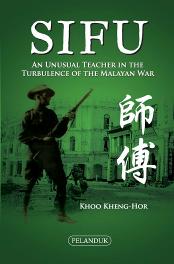
|
This intriguing tale of a lad who grew up in uncertain and violent times when the British returned after the Japanese Occupation, to force his family an others to uproot from their homes to a barbed-wire New Village as a government’s strategy to contain a Communist insurgency. Having watched his father’s cold-blooded murder as ordered by an over-zealous British army officer, he knew he had to survive in order to seek vengeance. Young as he was, he also knew he couldn’t do it all on his own but had to learn from those who were able to teach him. It was his destiny to meet the sifu - teacher or master - who would initiate him in the deadly craft of a professional assassin. But unlike many others, he wouldn’t kill indiscriminately. He killed only those who deserved to die until death came too close to him. SIFU was nominated for the 2011 International IMPAC-Dublin Literary Award.
|
